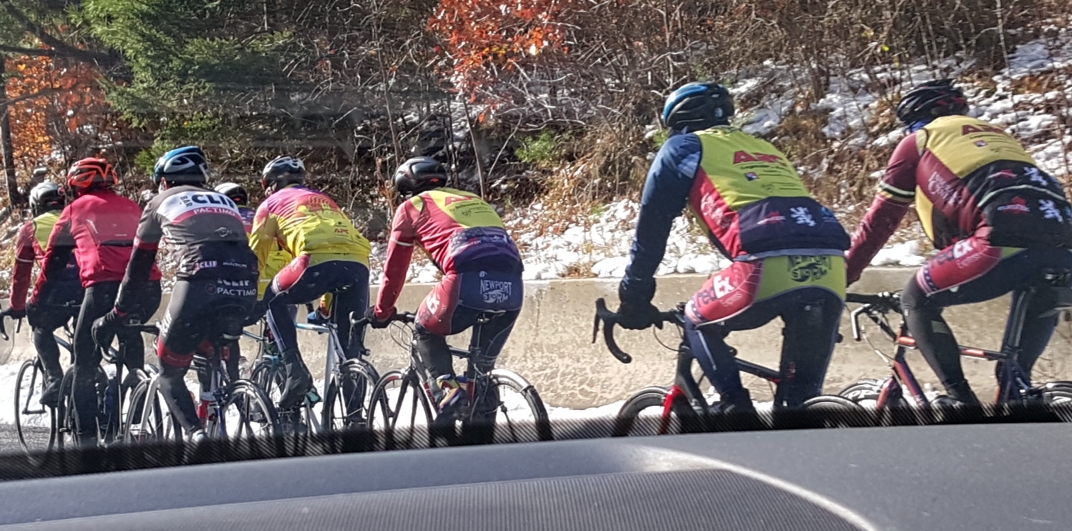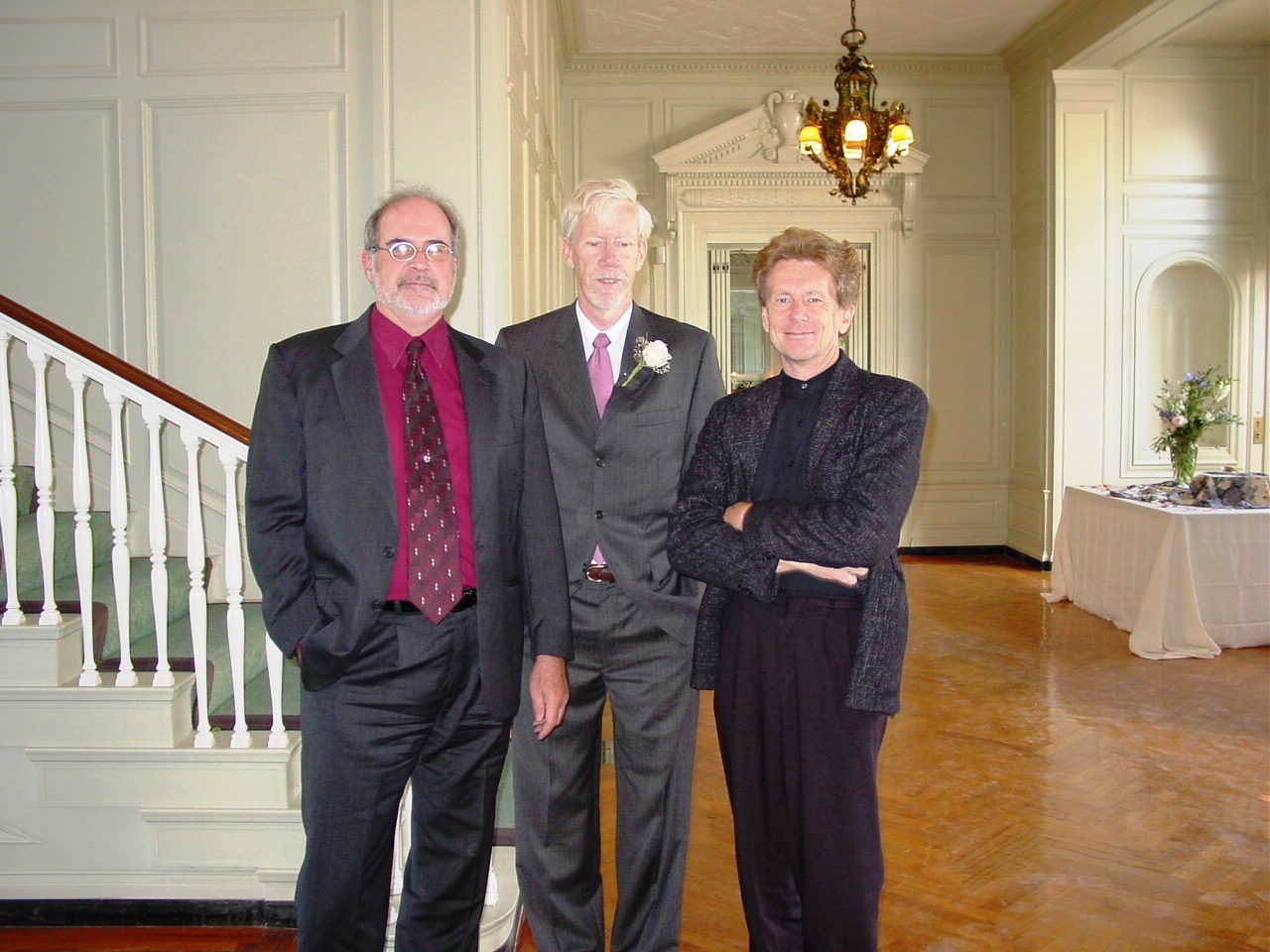Welcome to the Wakefield Doctrine (the theory of clarks, scotts and rogers)
Let’s see how brief and/or succinct we can be in a post, shall we? This shall be a post that describes one of the best moments in the writing of this blog, all the while offering insight into one of the three predominant worldviews of the Wakefield Doctrine. It is, as both the title above and the first of the format (for the post) references, ‘the discovery of a (reality) artifact’.
The artifact: Referential Authority
The Definition of this artifact: a deep-seated, morel* basis for exerting aggression on those surrounding a roger, including, but not limited to potential additions to (the subject’s) Herd. This artifact was not a characteristic that could, normally, be extrapolated from the description of the rogerian predominant worldview, i.e. the World of the Herd Member.
How it came to be discovered:
So, back in, like, 2011, we wrote a series of posts describing ‘real’ life situation. The idea was to provide a context in which the three personality types, (in the characters in these story-ettes) might illustrate characteristic behavior. Readers might then acquire a greater understanding of the world as it is experienced by the personalty types they were not, aka, ‘the other two worldviews’.
Not for nothin, but the premier value of the Wakefield Doctrine are these insights into the reality of the three predominant worldviews. It’s these, ‘because’ descriptions that allow us to see through the eyes of the others: scotts, being predators make excellent cops; rogers, growing up in a quantifiable universe, do really well learning science and engineering and other rule-based disciplines and clarks, having no sense of either, are free to roam the world, looking for clues. As a result, the Wakefield Doctrine is able to offer descriptions of typical behavior of all three, in a variety is scenaria. More importantly, the Doctrine helps us understand how an individual (clark or scott or roger) relates to the world around them. The rest is easily extrapolated.
But…but! the Case of the Serendipitous Extrapolation … that was special.
If you want to read the original post, comment and I’ll look it up. Not as polished, is the writing, as it was just as I was beginning to get hooked on the writing thing, they do, however make their point.
The Scene: A young woman, seeking a job waitressing at a popular restaurant, arrives too early for her interview. It’s the middle of the noon rush. The owner, who will interview her, is the cook and flat-out busy. The applicant is instructed, by the equally pre-occupied cashier/waitress, to sit at a table by the door and wait for things to calm down. Fine. Quickly growing bored…
(Almost forgot! The structure, ‘setup’ of these posts? They were scenes, taken from everyday life, ok? Following each story, we’d offer the Reader three different ‘courses of action’. They would be asked to make a choice, one of three. Of course, we wrote (the responses) to be reflective of the three worldviews. Or so was our ambition. But that’s not the important part! The thing was…)
One of the, ‘what should the job applicant do as she waited’ choices was premised on her being a clark; get up and help the over-worked waitress by clearing some tables. Sounds reasonable, right?
rogers went crazy. their reaction to this proposed course of action was total outrage! clearly they were most grievously offended.
‘no way!‘ (and) ‘how could you condone such acts?! ‘(and) ‘are you inhuman?! she doesn’t work there, if we had any say, this woman would be banned from all work in the restaurant and hospitality field’
(ok, I exaggerated that last one) but among the Readers (who were asked for reactions) rogers (and only rogers) were outraged.
Fortunately for us, the Wakefield Doctrine itself, somehow, has ways of pointing out things that we might miss. This episode exposed a genuine, deep-worldview artifact from the personal reality of Herd Members. Also, I was fortunate in having articulate rogers among the Readers, so I could ask, ‘Why? What’s wrong with clearing tables?’
The answer was consistent, (in it’s underlying rational if nothing else), this course of action was bad because she was not an employee. Clearing tables (in a restaurant) is an employee function. Customers don’t clear tables. That’s part of what they’re paying for and, by extension, why they came in the door. aka the value of the restaurant was tied to every aspect of the customer experience.
Only employees clear tables.
We had the clues and the trail. The proof of insight was in the consistency of the emotional content. It was heartfelt and real, therefore, (our thinking went), it must reflect an element in their, (the rogerian), reality so fundamental as to not be a conscious decision.
The term ‘Referential Authority’ came to our mind. And immediately made sense of much of what we’re all aware of when it comes to the ways of our rogerian kin:
…the Old Testament in the hands of an authoritarian preacher, the Will of the Voters to a rogerian politician, the Lesson Planner on the desk of a Substitute Teacher, the workplace policy manual in the hands of the HR Director when she tells the job applicant, ‘We call this the Bible’ (and no one in the company, past and present ever refers to it as that). Only the HR Director or Director wannabe.
We did not know of ‘referential authority’ when we began to write of the Wakefield Doctrine in this blog. However, with the tools it provides, we were able to discover it and, by doing so, deepen our understanding of a reality that is not available to any but one group.
* a little rogerian expressions humor**
** Readers will recognize it as a faux expression, skillfully executed by a clark, but lacking that explosive, frisson-induced bark of laughter that is the normal response (as opposed to the response of normal people) to a genuine rogerian expression, such as, for example:
“I found the article on the current market well-informed, however, the style of writing was off-putting. The typical real estate agent is far too self-absorbent to hold my interest for very long.”








